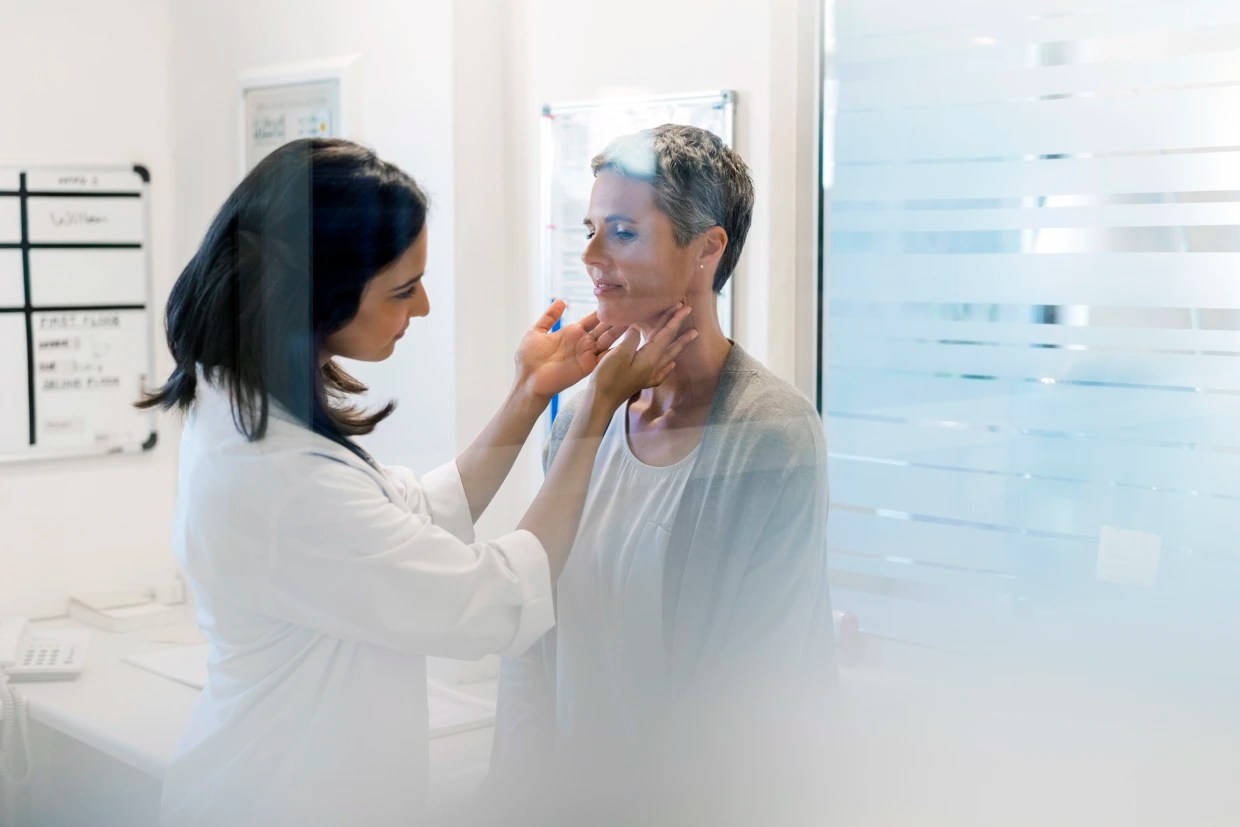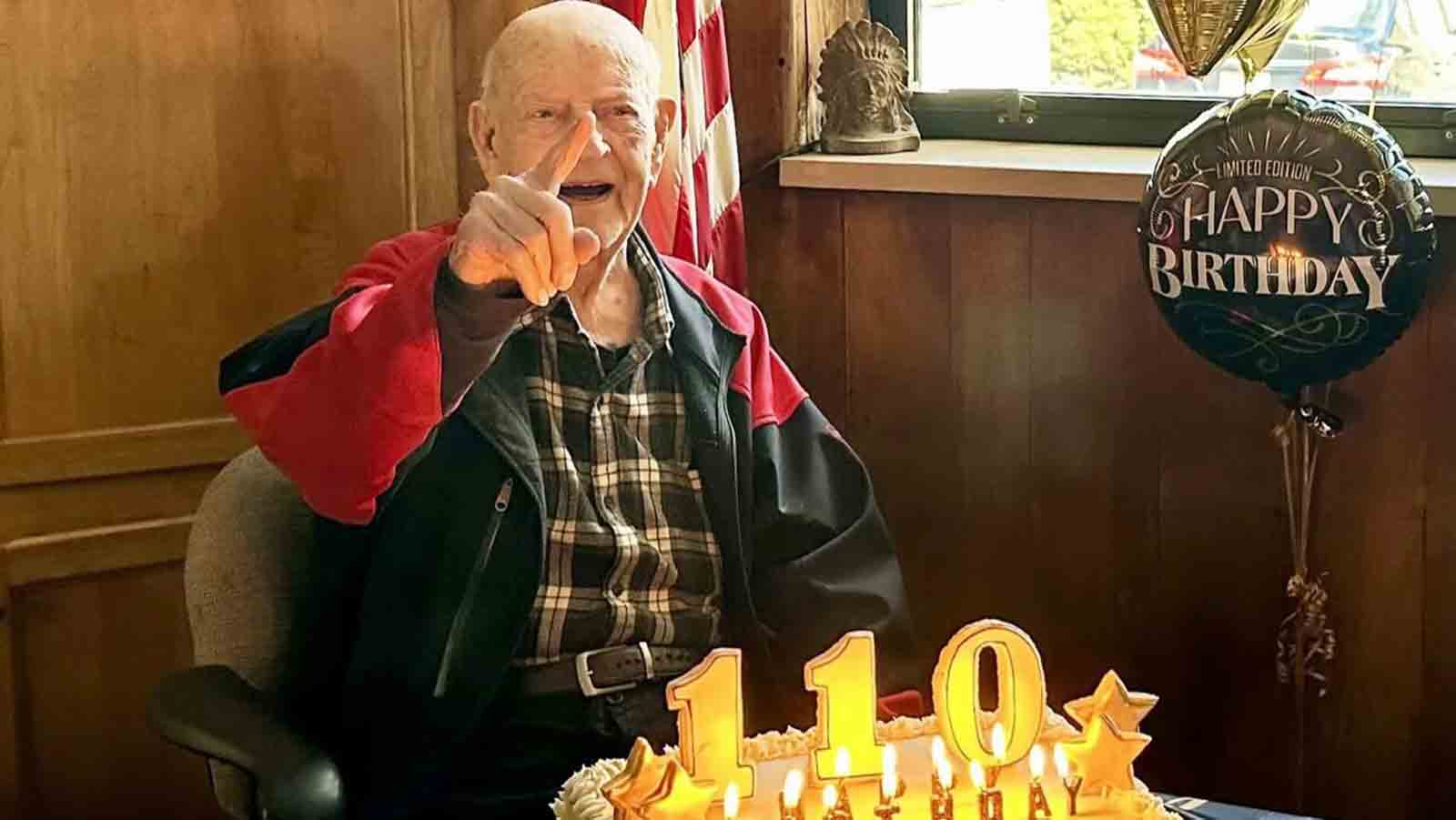One North Texas woman is turning to the past for a cure that modern medicine hasn't been able to provide.
Patti Swearingen, 60 of Rowlett, is traveling half way around the world for a therapy once popular at the turn of the century, but feels it's her only hope.
Like her doctors, Swearingen multiple rounds of antibiotics would get rid of the urinary tract infections that left her in debilitating pain for the last five and a half years.
"They couldn't find the definitive cause so they just kept giving me more and more antibiotics until it got to the point where I couldn't go off of them. I just could never go off! If I went off for a day or two, the infection would rage back and I'd be deathly sick," says Swearingen.
Not only had the bacteria causing her infection become partially resitant to drugs, the antibiotics themselves caused unbearable side effects like dizziness and digestive problems that, for the most part, kept Swearingen home bound.
"I realized that antibiotics were not the answer. They were never going to fix this. In fact, they were just making things worse."
In December of 2017, she says she and her husband decided to try something different.
Health Connection
Get connected to a healthier life.
A treatment center in the former Soviet Republic of Georgia specializes in phage therapy, a treatment that uses tiny viruses, called bacteriophages, found in water and soil, to kill bad bacteria in the body.
Phage therapy was popular up until antibiotics became mainstream in the 1940s.
"Each individual phage is very selective in what it will kill, so you have to very carefully mate that phage with a bug that you're trying to kill, and that's not the way you approach antibiotics. A lot of the development has been to make antibiotics that will kill everything in sight," says Robert Schooley, Professor of Medicine at USC San Diego.
Schooley is part of a team that has treated five patients with phage therapy in the last two years.
They needed special FDA approval for their cases and Schooley says it will take rigorous clinical trials for the therapy to become an option for most patients in the United States.
"The main obstacle at this point is the knowledge base of how to use them. What dosage it should be used? How many phages can be used together? How often you should treat them?" says Schooley.
Swearingen says she can't wait for FDA approval.
"It really is the only thing that there is for me to do at this point," she says.
She has already planned her trip to Tbilisi, Georgia, where she will spend two weeks ingesting daily doses of phages, originally found in a river, to target the bacteria causing her infections.
"If I were going to pick the biggest worry, it would just be that it didn't work for me," says Swearingen. "What would it be like to get up in the morning and not think about which drug I am going to take, how I'm going to fight the infection, how I'm going to survive with the infections. That's just been a part of my life for so long. It's almost hard to imagine not doing that anymore."
It's a leap of faith for the chance at a healthy life.
"This is sort of God’s way of keeping bacteria in control!"
Doctors believe phage therapy is safe but caution there are no clinical trials proving its safety.
Anna Kuchment from the Dallas Morning News contributed to this report. CLICK HERE to real more of Kutchman's story on Swearingen and phage therapy here.




